View all Standards for Florida Sunshine State Standards
TH.912.O.3.7 Apply standard conventions of directing, stage management, and design to denote blocking and stage movement for production documentation.
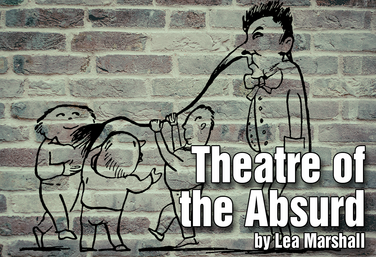
Theatre of the Absurd
by Lea Marshall
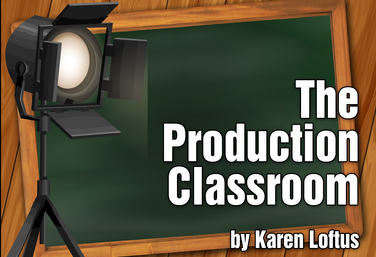
Part of the Production Classroom Units Curriculum
Production Classroom Units Overview
by Karen Loftus

Part of the Production Classroom Units Curriculum
Part One - Pre-Production
by Karen Loftus

Part of the Production Classroom Units Curriculum
Part Two - Rehearsal and Performance
by Karen Loftus

Part of the Production Classroom Units Curriculum
Part Two - Documents
by Karen Loftus

Part of the Production Classroom Units Curriculum
Part Three - Reflection and Assessment
by Karen Loftus
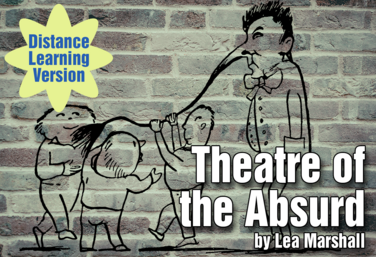.png)
Part of the Distance Learning Curriculum
Theatre of the Absurd
by Lea Marshall

The Dilemma Project
by Claire Broome
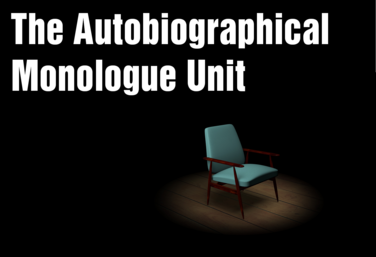
The Autobiographical Monologue
by Gai Jones
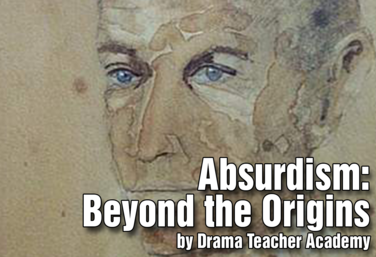
Absurdism: Beyond the Origins
by Drama Teacher Academy

Working With Monologues For Rehearsal And Development
by Gai Jones

The Production Classroom
by Karen Loftus

21st Century Skills Through Devising
by Allison Williams

The Dilemma Project
by Claire Broome
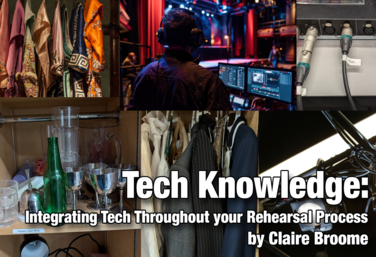
Tech Knowledge: Integrating Tech Throughout Your Rehearsal Process
by Claire Broome
View all Standards for Florida Sunshine State Standards Standards Master List